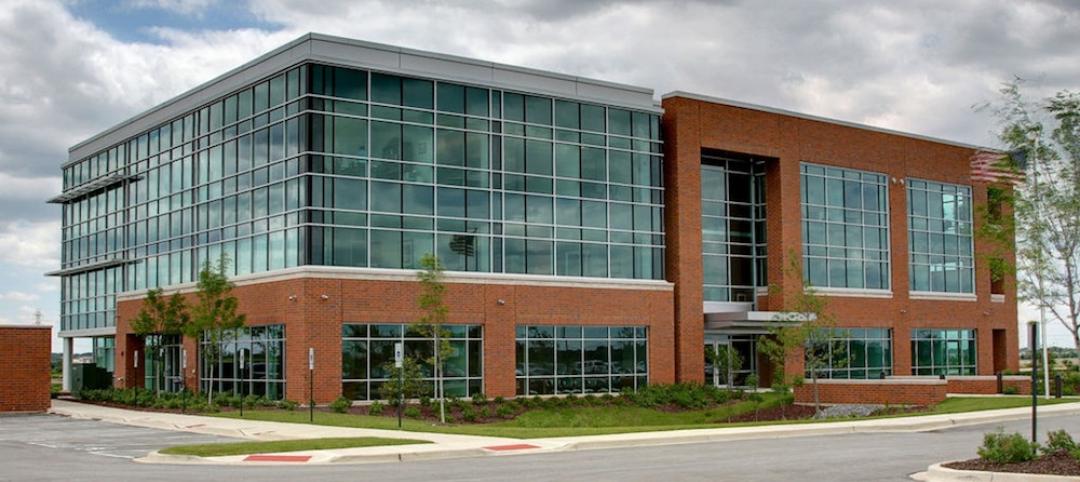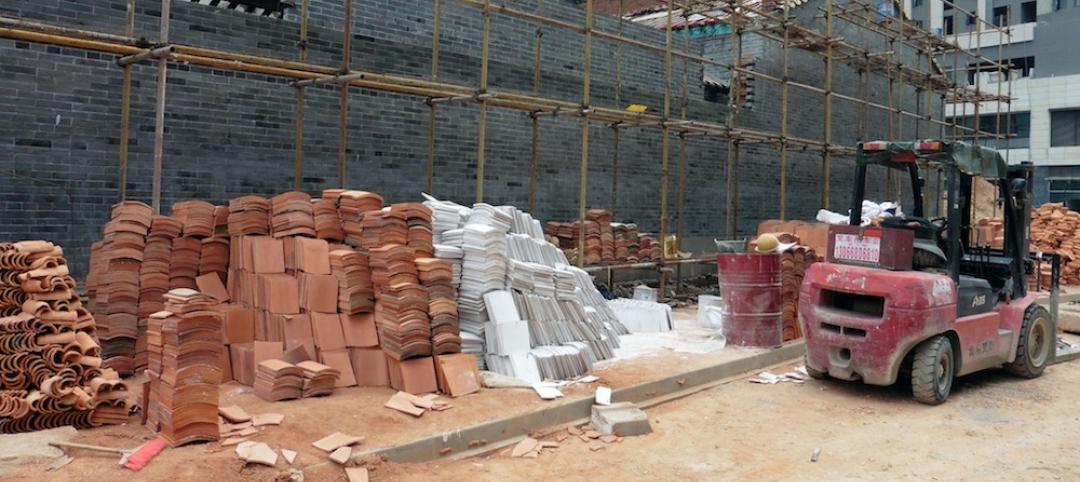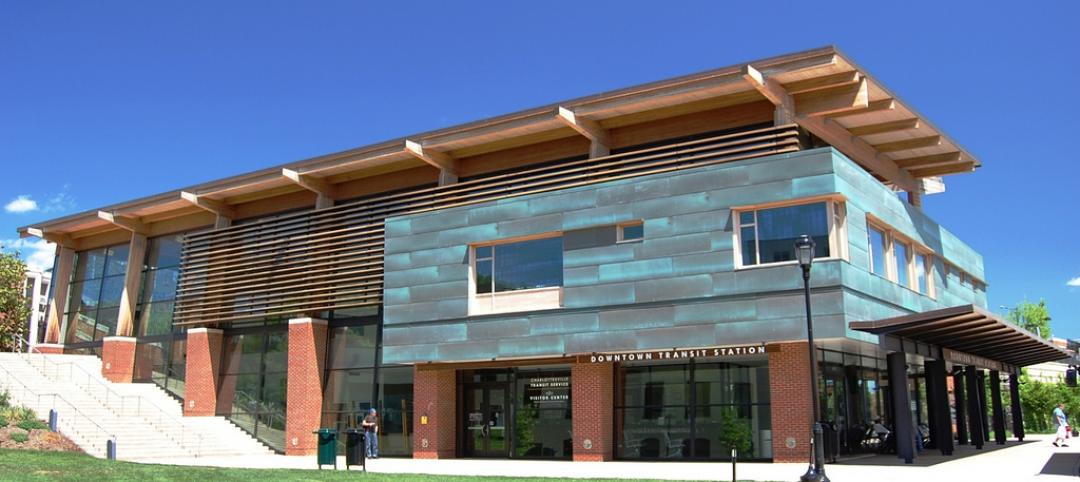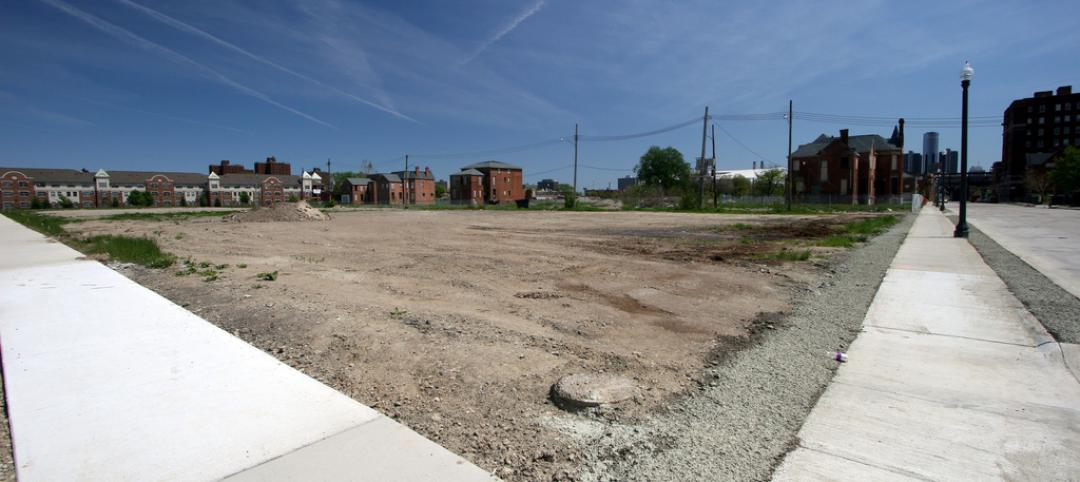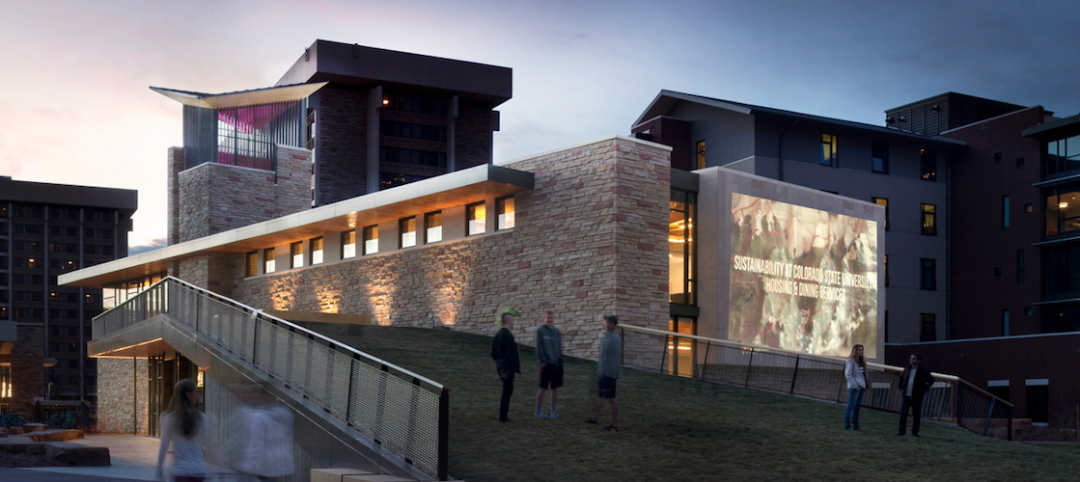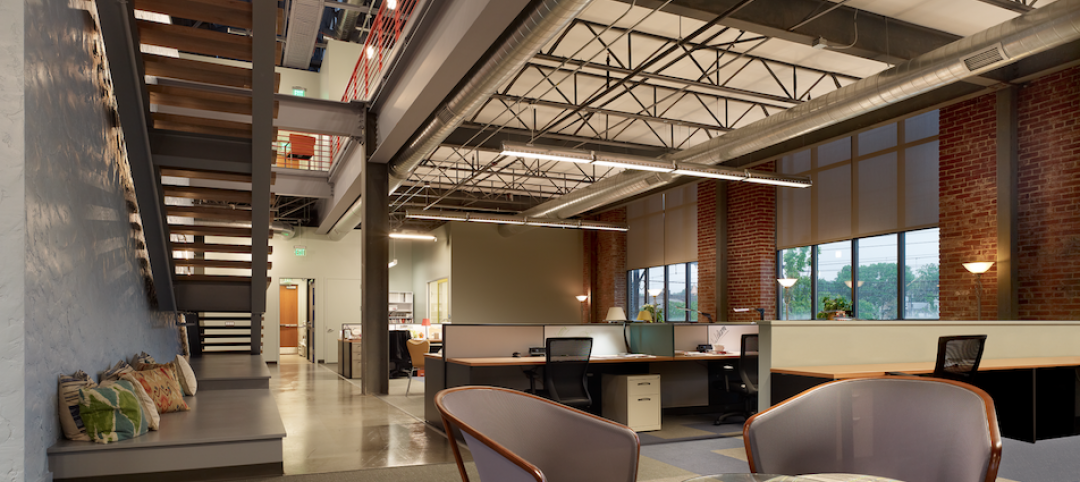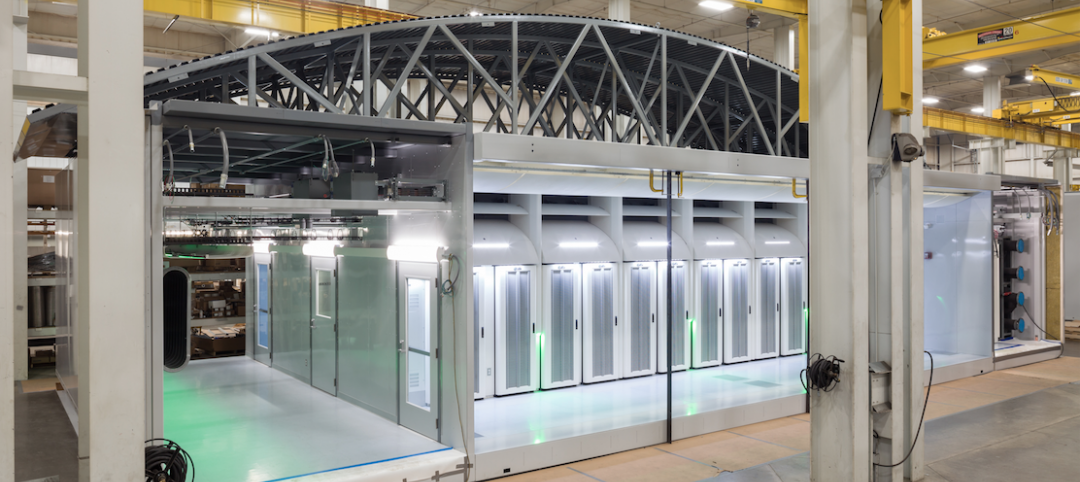Boston will soon adopt a new stringent green state building code that aims to significantly reduce carbon emissions in new construction and major renovations.
Adoption of Massachusetts’s “stretch code” means that the city will not create an outright ban on fossil fuels for heating, cooling, and appliances. It will, though, drastically reduce fossil fuels in buildings by adding expensive, climate-friendly requirements for developers choosing to install fossil fuel connections. There will be varied energy efficiency requirements for different building types.
The legislation also requires developers building with gas or oil to pay for extra wiring so buildings can go all-electric in the future. Buildings in Boston account for close to three-quarters of the city’s carbon emissions, according to estimates.
At least two other Bay State communities have adopted the stretch code, but Boston is the largest and has a more diverse building stock including labs and life science buildings with highly specific electricity and infrastructure requirements.
In a related development, Mayor Michelle Wu recently pledged $10 million in city funds to help affordable multi-family buildings become more energy efficient.
Related Stories
Green | Jan 29, 2016
USGBC names top 10 states for LEED green building
Illinois leads the list for the third straight year.
Green | Jan 4, 2016
Florida lagging on development of green roofs
Florida lagging on development of green roofs.
Green | Dec 23, 2015
Austin, Texas mandates construction recycling
Projects larger than 5,000 sf must recycle or salvage at least half of their trash.
Green | Dec 15, 2015
USGBC aims to scaling LEED buildings to 5 billion sf in five years
Plan revealed at UN climate conference.
Green | Dec 13, 2015
Detroit plans massive effort to convert vacant properties to green spaces
Effort aims to improve property values, city life.
Greenbuild Report | Dec 10, 2015
AASHE’s STARS tool highlights the university sector’s holistic approach to sustainability
Buzzwords like “living lab” and “experiential learning” are indicative of the trend toward more holistic sustainability programs that incorporate all facets of college life.
Greenbuild Report | Dec 8, 2015
Is ‘green’ still a selling point in the office sector?
Some developers are missing an opportunity by downplaying sustainability at a time when demand for such features is palpable among lessee firms who are trying to attract younger workers.
Greenbuild Report | Dec 1, 2015
Data centers turn to alternative power sources, new heat controls and UPS systems
Data centers account for 2% of the nation’s electricity consumption and about 30% of the power used annually by the economy’s information and communications technology sector, according to the National Renewable Energy Laboratory.
Greenbuild Report | Nov 30, 2015
10 megatrends shaping the future of green building
Increased competition among green building rating systems, the rise of net-zero buildings, and a sharper focus on existing structures are among the trends that will drive sustainability through 2020, according to author and green building expert Jerry Yudelson.
Green | Nov 30, 2015
Federal agencies aim for major reduction in greenhouse gas emissions
A 42% cut to come from buildings, vehicles, supply chain.



